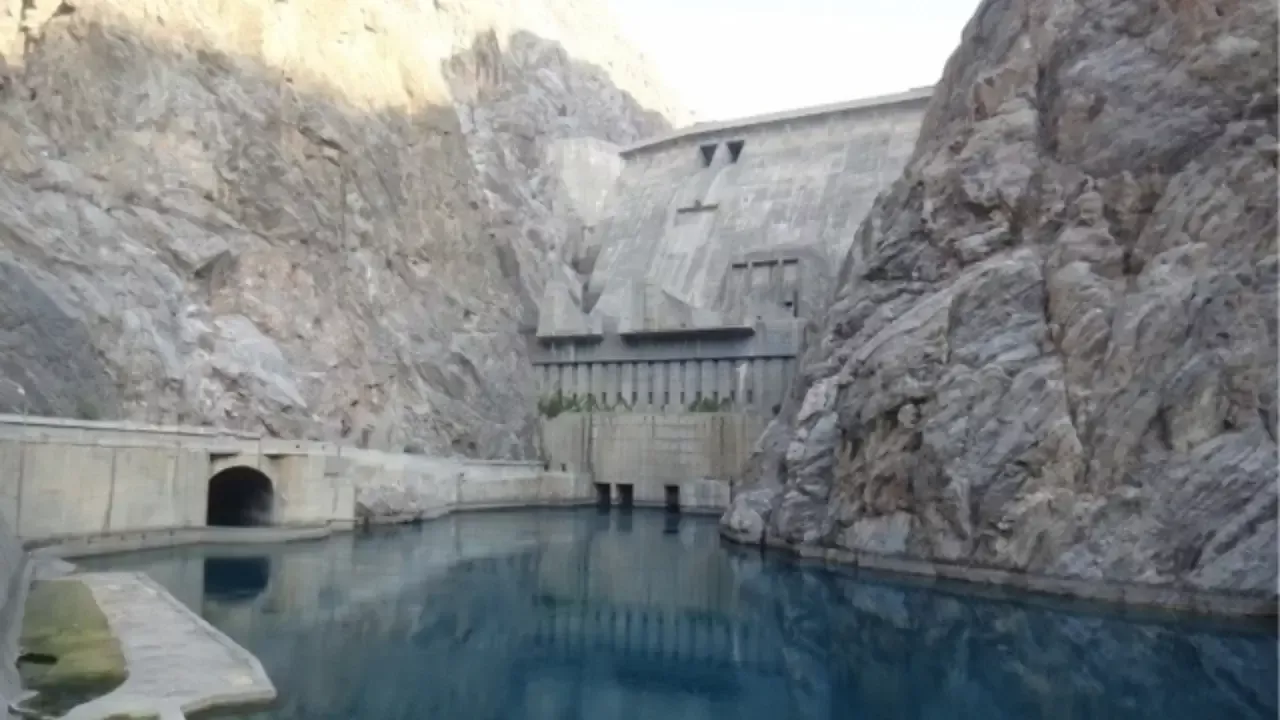Winter season in Kyrgyzstan may be severe

The winter season of 2025–2026 in Kyrgyzstan is likely to be much harsher than usual. This was reported by Zamin.uz.
This was announced by the country's Minister of Energy, Taalaybek Ibrayev, in an interview with the "Kabar" news agency. According to the minister, the main problem is significantly reduced water reserves at the "Toktogul" hydroelectric power station.
Compared to last year, the water volume has decreased by 1.6 billion cubic meters. In 2024, the water volume was 12.4 billion cubic meters, while this year there is even less water.
This leads to an estimated loss of about 1.6 billion kilowatt-hours of electricity. Ibrayev advised the population to comply with laws and use electricity sparingly.
In his opinion, if each consumer does not feel responsible, the problems may worsen. Additionally, the energy sector crisis is planned to be fully resolved by 2028.
Earlier, Deputy Prime Minister Bakhit Torabayev also announced that electricity consumption in the country is expected to reach 18.9 billion kilowatt-hours in 2025. In the first seven months of the year, production amounted to 9.24 billion kilowatt-hours.
To ensure a mild winter season, Kyrgyzstan plans to purchase a total of 4.03 billion kilowatt-hours of electricity from Kazakhstan, Turkmenistan, Uzbekistan, and Russia. According to the Ministry of Energy, the total electricity consumption in the country in 2024 was 17.8 billion kilowatt-hours.
The "Toktogul" reservoir was built in the mid-1970s and is important not only for Kyrgyzstan but also for the water supply of neighboring Uzbekistan, Tajikistan, and Kazakhstan. The reservoir's design capacity is 19.5 billion cubic meters.
In 2024, the water level in the reservoir dropped to the lowest point in the last five years. Additionally, in February last year, a major accident occurred at the thermal power plant in Bishkek, which increased pressure on hydroelectric power stations and forced an increase in water discharge from "Toktogul".
In January of this year, the water volume in the reservoir was only 11.1 billion cubic meters. This situation warns that the winter season may be severe.
The population and organizations need to use electricity carefully.







